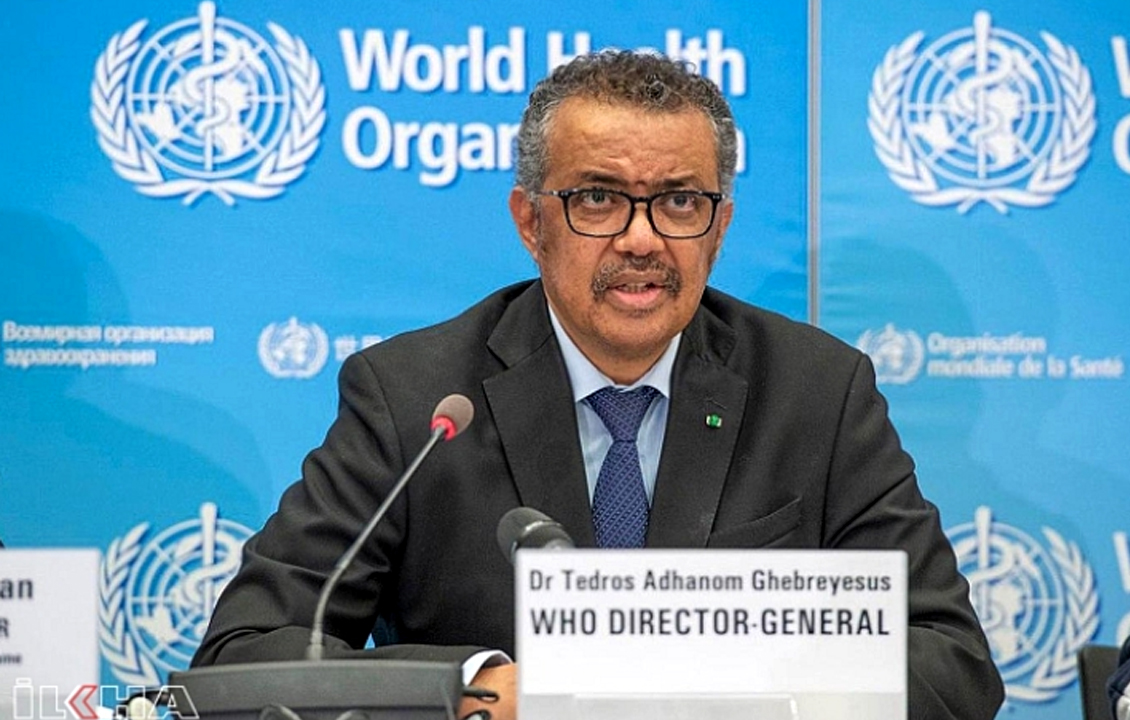
COVID-19 demonstrates how vulnerable people with lung diseases can be, and also makes obvious the urgent need to improve quality and strengthened people-centered approaches in TB care delivery.
A quarter of the world‘s population is estimated to be infected with TB bacteria. These people are neither sick nor contagious. However, they are at greater risk of developing TB disease, especially those with weakened immunity. Offering them TB preventive treatment will not only protect them from becoming sick but also cut down on the risk of transmission in the community.
“COVID-19 is highlighting just how vulnerable people with lung diseases and weakened immune systems can be,“ said Dr Tedros Adhanom Ghebreyesus, WHO Director-General. “The world committed to end TB by 2030; improving prevention is key to making this happen. Millions of people need to be able to take TB preventive treatment to stop the onset of disease, avert suffering and save lives".
Dr Tedros highlighted the importance to continue efforts to tackle longstanding health problems, including TB during global outbreaks such as COVID-19. At the same time, programmes already in place to combat TB and other major infectious diseases can be leveraged to make the response to COVID-19 more effective and rapid.
The overall goal of TB-REP 2.0 is to foster timely TB case detection and improved treatment outcomes in patients with special emphasis on drug-resistant TB, in eleven EECA countries through meaningful involvement of communities and civil society and integrated people-centered TB care delivery systems able to address the needs of key and vulnerable populations.
The program incorporates the full spectrum of DR-TB prevention and care issues, targeting both health and sustainable community systems for improved quality and strengthened people-centered approaches in TB care delivery.
The latest consolidated guidelines recommend a range of innovative approaches to scale up access to TB preventive treatment:
TB preventive treatment is an affordable intervention that can prevent families from sliding into poverty and preserve the health and economy of whole communities. WHO anticipates that as new and safer drugs come onto the markets, and as prices fall, it will become a highly-cost effective way to save millions of lives.